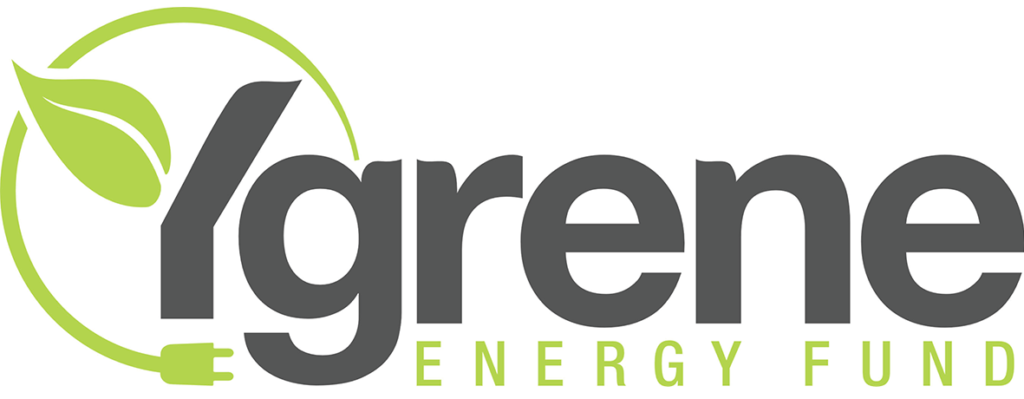How Miami’s Unique Water Composition Affects Your Water Softener Efficiency
Jun 24, 2025How Miami’s Unique Water Composition Affects Your Water Softener Efficiency
Living in Miami comes with its fair share of perks, such as sunny weather, beautiful beaches, and vibrant culture. However, when it comes to your home’s water supply, there’s one thing many Miami homeowners might not be aware of: The city’s unique water composition can significantly impact the performance and efficiency of your water softener. Whether you’re a long-time resident or new to the area, understanding how Miami’s water characteristics interact with your softener system is crucial to maintaining appliance longevity, water quality, and household efficiency.
The Nature of Miami’s Water
Miami’s water supply comes primarily from the Biscayne Aquifer, a shallow, porous limestone formation located just beneath the surface. While aquifers are an excellent source of fresh water, the geological makeup of the Biscayne Aquifer has its own set of challenges. The water pulled from this source is classified as moderately hard to hard, primarily due to its high mineral content, specifically calcium and magnesium.
The limestone in the aquifer dissolves into the water over time, increasing hardness levels. In addition, Miami’s proximity to the ocean adds another layer of complexity. Some areas near the coastline or with older infrastructure may experience trace amounts of saltwater intrusion, further affecting water composition with higher sodium and chloride levels.
Why Water Hardness Matters
Water hardness refers to the concentration of dissolved minerals in water, mainly calcium and magnesium. While these minerals aren’t harmful to human health, they can wreak havoc on plumbing, water heaters, appliances, and even your skin and hair. That’s where water softeners come in.
Water softeners work by replacing hardness minerals with sodium or potassium ions through a process called ion exchange. This helps prevent mineral buildup in pipes and appliances, improving efficiency and prolonging the life of household systems.
However, the higher the concentration of hard minerals, the harder your water softener has to work. And Miami’s water, with its naturally high mineral content, demands more frequent regeneration cycles and salt replenishment, affecting your softener’s performance, lifespan, and efficiency.
How Miami’s Water Composition Affects Your Softener
Miami’s hard water can affect your water softener in numerous ways.
Increased Regeneration Frequency
Due to the elevated hardness levels, your water softener in Miami will likely require more frequent regeneration cycles. Regeneration is the process where the system flushes out accumulated hardness minerals and recharges the resin beads with sodium or potassium. More frequent cycles mean increased water and salt usage, which can add to your utility and maintenance costs over time.
Higher Salt Consumption
To keep up with Miami’s mineral-heavy water, your softener will consume more salt to effectively exchange calcium and magnesium ions. Homeowners may notice they’re refilling the brine tank more often than expected. This not only increases ongoing maintenance but also affects overall softener efficiency if the salt levels aren’t maintained consistently.
Risk of Resin Bead Fouling
Miami’s water may also contain higher levels of iron or trace organic materials, which can cause resin beads inside the softener tank to foul or degrade more quickly. Fouled resin reduces the system’s ability to soften water effectively, leading to inconsistent water quality and potential system failure if not addressed.
Impact of Saltwater Intrusion
In certain coastal neighborhoods, especially those with aging water infrastructure or lower elevation, saltwater intrusion into freshwater supplies can pose another challenge. Elevated sodium and chloride levels not only affect taste and corrosion rates but can also interfere with the ion exchange process in some water softener systems. Softening water that already contains significant sodium levels can decrease efficiency and may even require additional filtration before softening.
Scaling in Appliances and Plumbing
If your softener isn’t properly tuned to handle the unique mineral profile of Miami’s water, you may still experience some degree of scaling in appliances, plumbing fixtures, or water heaters. Even small inefficiencies in your softening system can allow hardness minerals to pass through, reducing appliance efficiency and increasing energy costs.
Tips to Improve Water Softener Efficiency in Miami
Despite these challenges, there are steps Miami homeowners can take to maximize the performance of their water softening systems:
- Get a professional water test – A detailed water test can reveal the exact mineral and contaminant levels in your local water supply. This helps ensure your water softener is properly calibrated to your home’s specific water conditions.
- Upgrade to high-efficiency models – Consider installing a water softener designed for high-hardness environments. Some newer models use less salt and water during regeneration and offer smart sensors to optimize performance based on real-time usage.
- Use salt specifically formulated for hard water – Not all water softener salts are the same. High-purity salts or those with added rust removers can be more effective in Miami’s mineral-rich water.
- Maintain your system regularly – Check and clean the brine tank, resin bed, and filters periodically. A professional tune-up once or twice a year can prevent build-up, identify wear and tear, and keep your system running efficiently.
- Install pre-filtration if needed – If you live in an area with saltwater intrusion or high iron content, installing a pre-filter before your softener can help remove contaminants that might foul the resin or interfere with ion exchange.
Maintain Your Water Softener for Best Results
Miami’s water composition, shaped by its natural limestone aquifer, coastal location, and local infrastructure, presents unique challenges for water softener systems. But with the right knowledge and maintenance strategies, you can keep your system running smoothly and ensure soft, clean water throughout your home. If you’re noticing scale buildup, frequent salt refills, or changes in water quality, it may be time to reevaluate your softener setup. Consulting with a local water treatment professional can help you make informed decisions that suit Miami’s distinctive water profile, and your home’s long-term health.
Need a water softener to help you handle Miami’s hard water? Contact Miami Water and Air today and learn about the options we have available.








